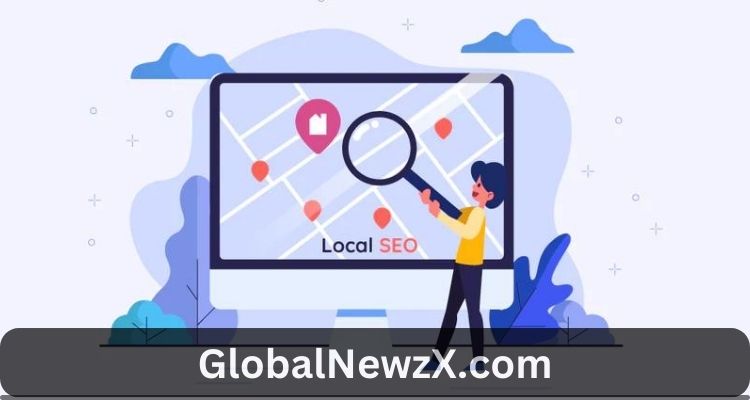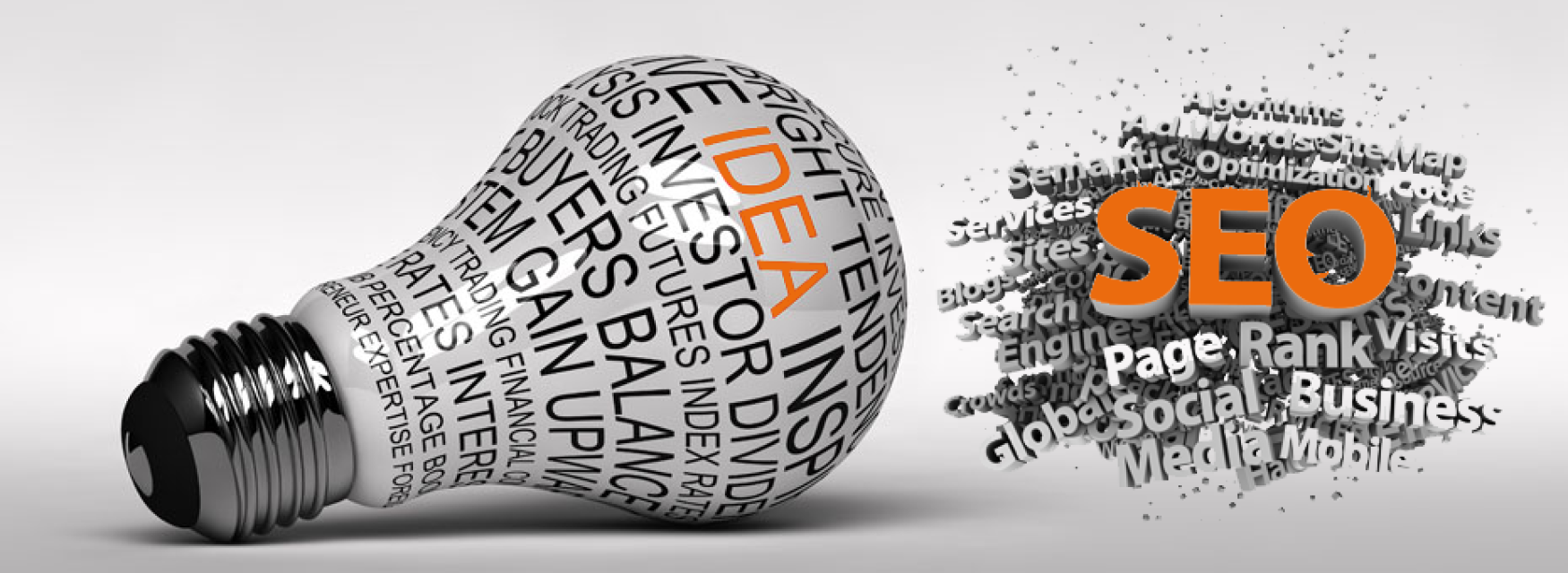Maintaining and expanding website’s presence in search engine results pages (SERPs) requires staying abreast of SEO ranking factors, and 2024 marks an opportune time to be doing just that. As we enter 2024, it’s vital that we understand which elements can impede on-page SEO performance; this comprehensive guide details some of the top on-page ranking factors of 2024 along with their benefits in increasing website rankings.
-
Producing High-Quality Content
Quality content remains key to online success in 2024, as search engines reward websites offering visitors useful and engaging information. Here are a few key points when crafting high-quality pieces:
- Relevance and Originality: Make sure the content you create meets the needs of your target audience without simply repeating what others are writing; strive to provide unique perspectives rather than duplicate pieces.
- Comprehensive Content: Articles that explore topics deeply often score higher. Aim for long-form pieces that provide comprehensive answers to users’ inquiries.
- Readability: Create content that is easily understood by both readers and searchers, using shorter sentences, paragraphs, bullet points or numbered lists, bullet point-style lists for clarity.
-
Keyword Optimization
Keyword optimization remains at the core of on-page SEO Sydney strategies, yet its approach has developed significantly:
- Intent-Based Keywords: Focus on understanding user intent instead of keyword frequency when selecting keywords to create content that aligns with search queries of your audience and create something to meet them.
- Latent Semantic Indexing (LSI) keywords help search engines comprehend your content more quickly by providing search engines with related words that help search engines understand it faster. When writing, incorporate LSI keywords naturally within your text.
- Placement: Make sure that primary keywords are strategically included within key areas, such as your title tag, meta description, headers and the initial 100 words of content.
-
Title Tags and Meta Descriptions
Title tags and meta descriptions play an integral role in on-page SEO:
- Compelling Title Tags: Produce appealing title tags featuring relevant keywords while staying under 60 characters to ensure proper display in SERPs.
- Optimized Meta Descriptions: For maximum effect, compose engaging meta descriptions that emphasize key content areas while including primary keywords – no longer than 160 characters long!
-
URL Structure
A clear and user-friendly URL structure will help search engines as well as visitors understand your page better, increasing its chances of ranking well in searches.
- Create Short and Descriptive URLs: When setting up URLs for websites, make sure they are short, descriptive, include primary keywords without special characters and unnecessary parameters, as this will ensure they load faster on search engines and are easily found by potential visitors.
- Preferring Hyphens over Underscores: Search engines understand hyphens as spaces rather than underscores when it comes to word separation in URLs, making hyphens an effective means of word separation in URLs.
-
Utilizing Header Tags (H2)
Including header tags such as H1, H2 etc can help structure content and increase readability:
- H1 Tags: For any given page that incorporates its main keyword as its heading, an H1 tag with just that text as its heading (with or without quotes around it) is ideal.
- Subheadings: Use H2, H3, and other header tags to organize content more logically for both readers and search engines to navigate.
-
Image Optimization
Images can enhance user experience while being optimized for SEO by SEO Agency in Sydney:
- Alt Text: When uploading images to search engines, use descriptive alt text that includes key terms that help search engines understand its content.
- File Naming and Image Size Reduction: To reduce file sizes without compromising image quality and speed up page load times.
-
Internal Linking Strategies.
Internal linking helps spread page authority and ease navigation:
- Relevant Links: Connect users with relevant pages internally that can add value while strengthening site architecture.
- Anchor Text: For improved search engine analysis of linked pages, using descriptive anchor text with keywords included will assist search engines in understanding context more quickly.
-
Mobile-Friendliness
As mobile search now dominates online activity, having a mobile-friendly website is becoming ever more important:
Make sure your website uses a responsive design which adapts automatically to different screen sizes, while investigating any mobile usability issues that could hinder user experience.
-
Page Load Speed (PLS) (also called Page Load Time or Load Speed Index).
PLS is an essential ranking factor, as its performance determines success or failure of SEO campaigns.
- Optimize Media: Compress images and implement efficient coding practices as well as taking advantage of browser caching to speed up page loads.
- Fast Hosting: To ensure fast server response times and seamless experience for customers.
-
Secure Websites (HTTPS).
Security should always take precedence: both search engines and users value this issue highly. Incorporating SSL Certificates correctly provides not only protection for user data, but also increases SEO rankings.
-
Intend to improve User Experience (UX).
Positive user experiences directly contribute to SEO rankings: they directly affect keyword rankings such as “Usability.
Intuitive Navigation: Make your website easy for visitors to navigate by providing clear menus and an organized structure.
-
Engaging Design:
Design should create an immersive user experience on any page of the website. Engage visitors by selecting an eye-catching design.
- Engaging Content: Integrating interactive elements like videos, infographics and quizzes into your site to increase user engagement is an effective way to both drive more traffic to it and boost your search engine results pages (SERPS).
- Schema Markup: Utilizing Schema Markup will also assist search engines in understanding its context more precisely and increase its visibility.
- Rich Snippets: Utilizing schema markup can allow for rich snippets such as star ratings, product information and FAQs which will increase click-through rates and help increase conversions.
- Structured Data: Use structured data to provide search engines with more context about your content.
Conclusion
Optimizing on-page SEO involves an interdisciplinary approach that incorporates content quality, keyword optimization, technical elements and user experience into account. By prioritizing these key ranking factors for 2024 SEO rankings, you can increase website visibility, drive organic traffic to your site, stay ahead of competition and remain at the forefront. Keep in mind that SEO is an ongoing process; staying abreast with current trends and best practices is paramount to long-term success.











